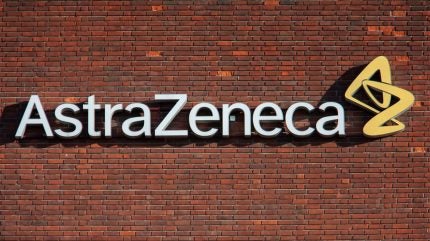On 16 June, 2024, during the European Hematology Association (EHA) 2024 Hybrid Congress in Madrid, Spain, new positive results from the randomised, double-blind, placebo-controlled Phase III ECHO clinical trial were presented on ’s Calquence (acalabrutinib). The trial tested the drug in combination with chemoimmunotherapy, bendamustine and Roche/Biogen’s MabThera (rituximab) as first-line therapy for mantle cell lymphoma (MCL). The trial results suggest that this Calquence combination therapy could become a new standard-of-care (SOC) for older patients (>65 years) with MCL, who are ineligible for autologous stem cell therapy, as it shows potential to extend survival for the first time.
MCL is a rare and often severe form of non-Hodgkin lymphoma (NHL) that develops when B lymphocytes transform into malignant cells in the mantle zone of a lymph node and is frequently diagnosed in the late stages. MCL accounts for about 5% of NHL cases. According to GlobalData’s epidemiology data, MCL has an annual incidence rate of one per 100,000 population across the seven major markets (the US, France, Germany, Italy, Spain, the UK, and Japan).

Calquence is a next-generation selective irreversible Bruton’s tyrosine kinase (BTK) inhibitor. It covalently binds a cysteine residue (Cys481) in the BTK active site and inhibits BTK enzymatic activity, suppressing malignant B-cell proliferation and survival. In the ECHO trial, 598 patients (299 per arm) with a median age of 71 years, were ev.























